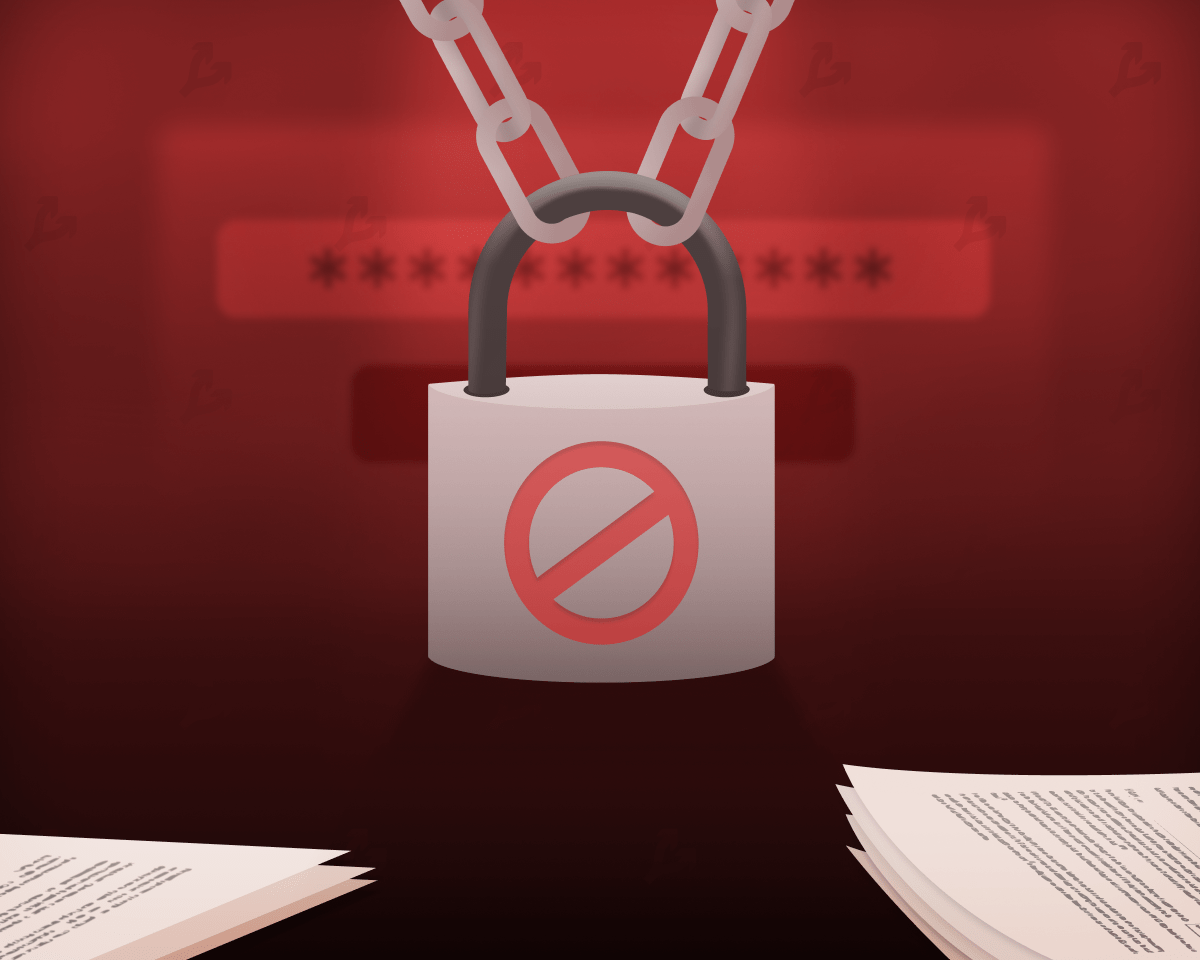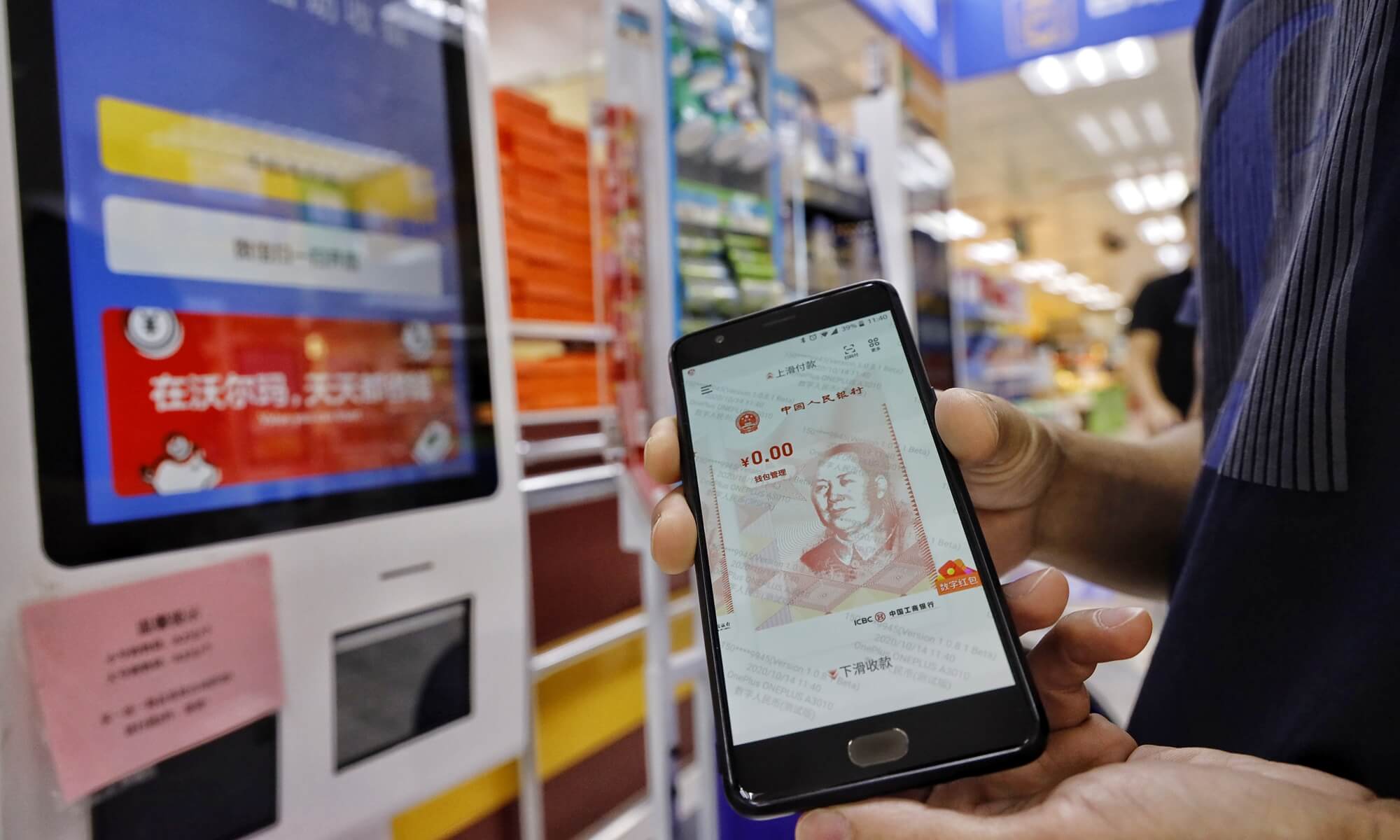With the growing popularity of cryptocurrencies, regulators are increasingly turning their attention to bitcoin exchanges, and secondly, they are watching the transfers more closely. In this context, cases of blocking or freezing of transactions and accounts by platforms have become more frequent.
Andriy Martsinyak, attorney at law firm Juscutum, told ForkLog why crypto platforms are blocking user funds and what to do if this happens to you.
Why did the exchange freeze/block the account or transaction?
The most common reason for blocking assets is “suspicious” transactions. These may include:
- Transactions with illegally obtained cryptocurrencies. For example, as a result of fraud or illegal activities (so-called “dirty” crypto assets);
- transactions related to a transfer to a crypto wallet in a cryptocurrency that is too large for a particular user.
Martsynyak noted that there were cases when the exchange blocked the client from accessing funds in connection with the entry into force of the decision of the foreign judicial court on the “freezing” (freezing order) of the cryptocurrency account during the litigation. .
What to do if the account is blocked?
Firstly, You should contact the support service as soon as possible. The initiative can come both from the exchange and from the client himself.
Sometimes, after blocking, the trading platform immediately sends a letter with the corresponding requirement. This could be a request for clarification of the purpose of a particular transaction or an order to withdraw your crypto assets in connection with the closure of an account without explaining the reasons.
!At this stage, it is very important to respond as quickly as possible. “Actually, even if you have nothing to answer, you should write a letter in any case,” Marcinyak stressed.
The content of the response may be as follows:
“Your letter has been received. Please allow time to gather the information you have requested and/or contact an attorney to respond to your questions.
The client’s delay will only exacerbate any trading doubts that can complicate the unlocking procedure.
Latter, You should try to determine the reason why the transaction was frozen or the account was blocked.
Why “try”? Because in some cases, the exchange does not have the right to explain the reasons for blocking an account/transaction.
This is mainly due to investigations conducted by law enforcement regarding crypto assets held in the client’s account on the exchange.
Here’s how it works: The platform receives a request from law enforcement with a request to freeze a certain transaction/account for a certain period of time. The reasons for the blocking are not disclosed in such cases, as the account holder may be suspected of committing a crime under investigation.
If the exchange explains the reasons for the blocking, it will become clear what documentation needs to be provided to remove the restrictions.
Third, You must be prepared to provide proof of funding. It should be proportional to the blocked amounts. In addition, the documents should clearly and succinctly describe the essence of the user’s activities.
“If you know that you need to receive large sums of funds in cryptocurrency, it is better to prepare in advance documents confirming the legitimacy of the operation,” Marciniak said.
Such documents can be, for example, an agreement on the sale of property, funds you transfer into cryptocurrencies, a bank statement, a proof of income, and the like.
It is important not to harm yourself during communication with the exchange, the lawyer emphasized:
“For example, it’s a bad idea to talk about using an account created and verified in your grandmother’s name. Almost all exchanges have a rule that crypto assets must belong directly to the person going through the KYC procedure, i.e. the owner of the account on the exchange.”
Pre-collection of documents, their immediate provision to the site on request will lead to faster resolution of the account and / or transaction.
“Maximum transparency of operations and preparations can secure your crypto assets and save your nerves,” Marciniak summarized.
Read ForkLog bitcoin news in our Telegram – cryptocurrency news, courses and analysis.












